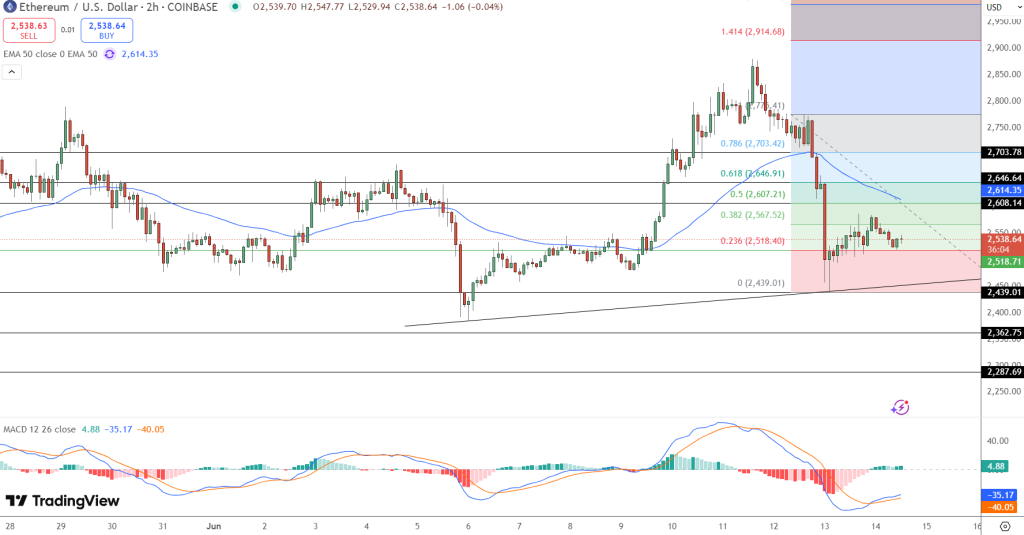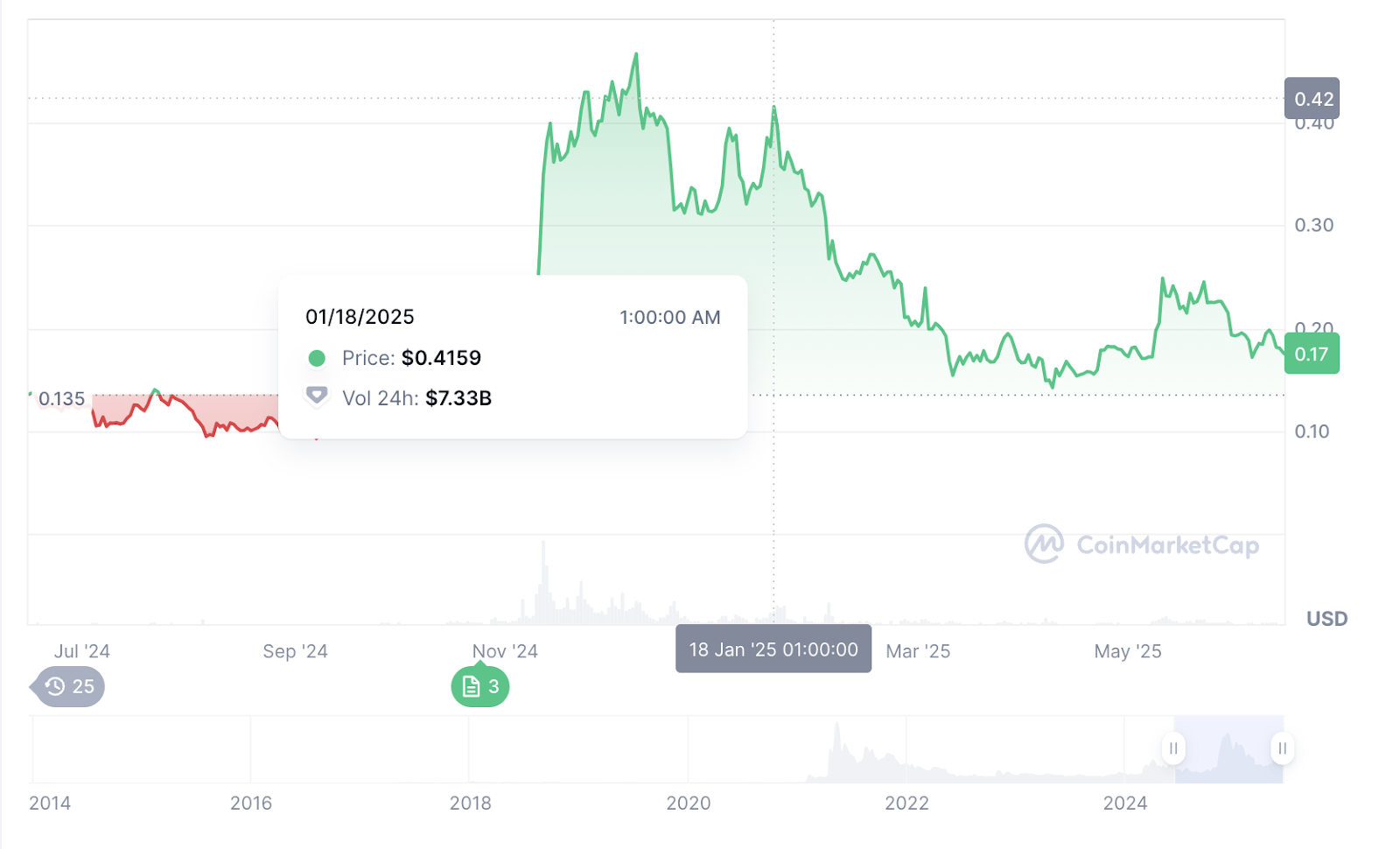Chancellor Jeremy Hunt is to call in banks to address what one Tory MP called a “mortgage bomb that is about to go off”, but he ruled out giving fiscal support to households struggling with the rising cost of mortgages.
Hunt said on Tuesday he wanted to help the Bank of England “strangle” inflation and that pumping more money into the economy would put further upward pressure on prices and interest rates.
The chancellor rejected calls from Tory MPs to bring back a Thatcher-era tax break — called mortgage interest relief at source — to cut monthly repayments. The tax perk was abolished by Labour chancellor Gordon Brown in 2000.
“We won’t do anything that will prolong the inflationary agony that people are going through,” Hunt told MPs at Treasury questions in the House of Commons.
Instead the chancellor will call in major lenders on Friday to assess the state of the mortgage market and to see what additional help they can give people struggling with their monthly payments.
On Monday, the cost of a two-year fixed rate mortgage in the UK rose above 6 per cent for the first time since December.
Lenders have increased the cost of their mortgage products after financial markets raised their expectations of more interest rate rises by the Bank of England following poor inflation data.
But under a December 2022 agreement between banks, regulators and the Treasury, lenders are required to offer tailored support to those struggling to pay.
Andrew Griffith, City of London minister, said lenders could offer mortgage term extensions or a switch to interest-only repayment holidays. “Any repossessions should be an absolute last resort,” he added.
Meanwhile there was only lukewarm Treasury support for the suggestion by Michael Gove, the cabinet minister responsible for housing, that 25-year fixed rate mortgages could help alleviate the situation.
Griffith said there were already long-term fixed rate mortgages on the market but that “the constraining factor is consumer demand”. He added they had not proved very popular.
The idea of a “lifetime” mortgage was proposed in the Conservatives’ 2019 election manifesto, but Treasury insiders said markets would have to settle — in other words, interest rates would have to come down considerably from their current levels — before they were likely to be popular.
Richard Donnell, research director at property website Zoopla, said the expense of 10 or 20-year finance discouraged borrowers from breaking the habit of picking cheap short-term deals and hoping rates would come down next time round.
“My view is the government has to come in and pump prime this market to open it up,” he added.
“I don’t think the market will get there on its own. Maybe the government needs to underwrite or guarantee these mortgages — perhaps for first time buyers only — to reduce the risk premium.”
Labour’s Treasury spokesperson Pat McFadden said the UK was still paying the price for the “giant economic experiment” conducted by Liz Truss, former prime minister, last year, which forced up mortgage rates.
The problem is also starting to worry Conservative MPs as they prepare for a general election expected in 2024.
Jake Berry, a former Tory minister, said there was “a mortgage bomb about to go off”.
Rishi Sunak has insisted his pledge to halve inflation by the end of 2023 to about 5.5 per cent is still on track, and that this is the best way to address the mortgage problem.
Downing Street said the government was already doing a lot to help people with the cost of living crisis, but has not signalled any intention to go beyond existing plans.
Additional reporting by James Pickford
Credit: Source link











